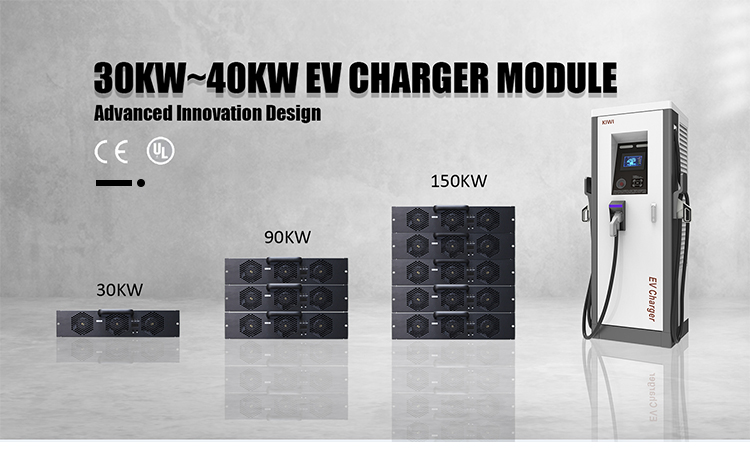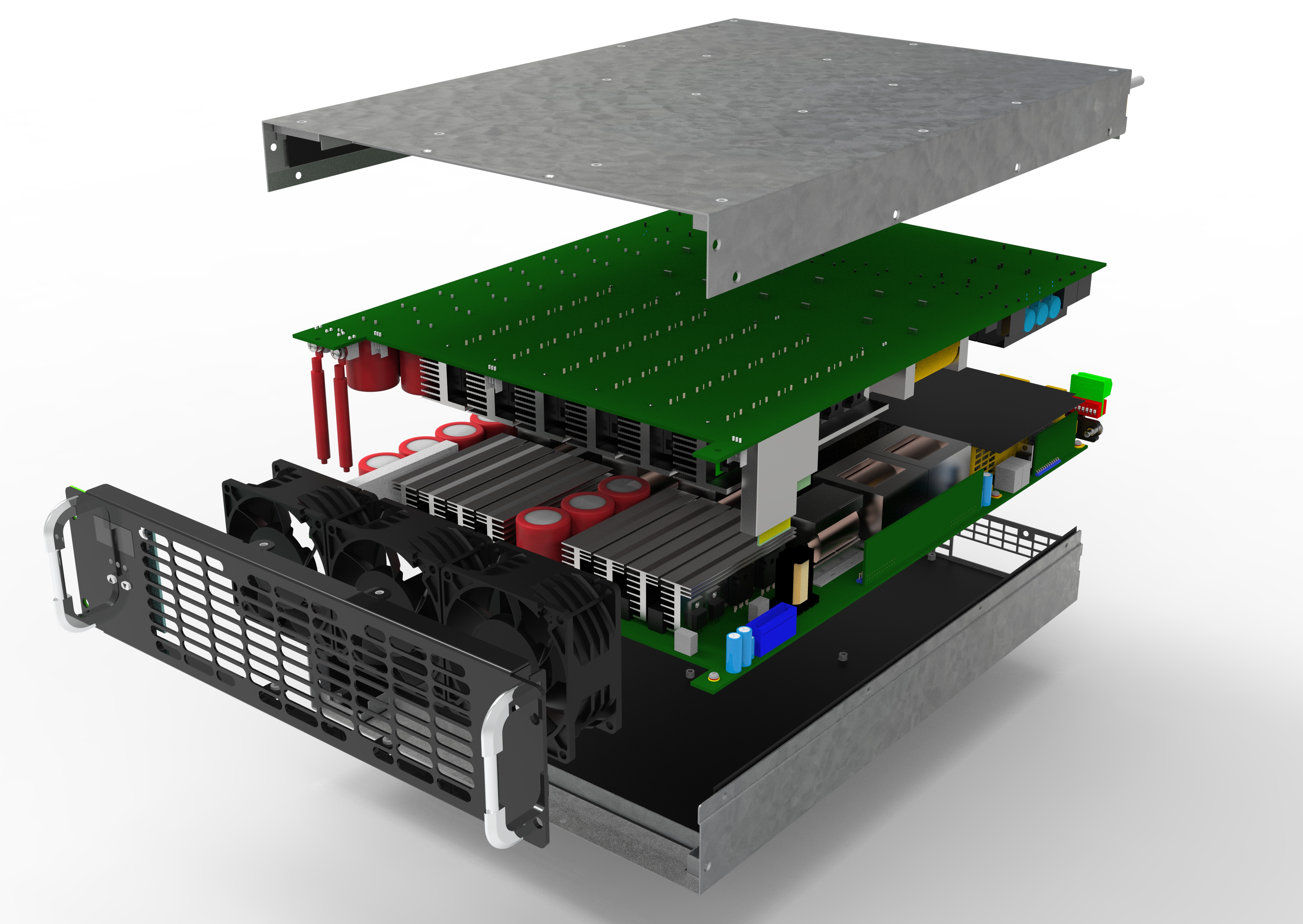The Evolution of DC 30KW 40KW 50KW EV Charging Modules
As our world becomes increasingly aware of its environmental impact, the adoption of electric vehicles (EVs) has experienced a remarkable surge. Thanks to technological advancements, particularly in EV charging modules, the accessibility and convenience of electric vehicle charging have improved significantly. In this blog, we will explore the profound evolution of EV charging modules and examine their potential to reshape the future of transportation.
Evolution of EV Charging Modules
EV charging modules have come a long way since their inception. Initially, charging options were limited, and EV owners heavily relied on slow home charging or limited public infrastructure. However, with technological breakthroughs, EV charging modules have become more efficient, versatile, and accessible.
30kW charging module for 90kW/120kW/150kW/180kW rapid charging station
Rapid Charging
A significant milestone in this evolution is the introduction of rapid charging modules. These charging stations are equipped to provide higher currents, enabling quicker charging times. By using direct current (DC), they can replenish an EV’s battery to 80% charge in a matter of minutes. This fast turnaround time is crucial for long-distance travel and alleviates range anxiety for EV owners.
Smart Charging
The integration of smart technology into EV charging modules has revolutionized the way we interact with these devices. Smart charging stations can automatically adjust the charging rates based on factors such as electricity demand, time-of-use tariffs, or renewable energy availability. This technology reduces strain on the grid, promotes off-peak charging, and enhances the overall efficiency of charging infrastructure.
Wireless Charging
Another notable advancement in EV charging modules is the development of wireless charging technology. By utilizing inductive or resonant coupling, these modules allow cable-free charging, significantly enhancing convenience and eliminating the need for physical contact with charging stations. This technology utilizes charging pads or plates embedded in parking spaces or road surfaces, enabling continuous charging while parked or driving.
Potential Impact
Enhanced Infrastructure
The evolution of EV charging modules has the potential to revolutionize charging infrastructure. As these modules become more prevalent, we can expect to see an increase in charging stations across cities and highways, promoting wider EV adoption and eliminating range anxiety.
Integration with Renewable Energy
EV charging modules can be the catalyst for integrating renewable energy into the transportation system. By coordinating with renewable energy sources like solar or wind power, EVs can actively contribute to carbon reduction efforts and provide an environmentally friendly transportation solution.
Electrified Transportation Ecosystem
EV charging modules play a crucial role in the development of an all-encompassing electrified transportation ecosystem. Integrating smart technology and interconnecting charging stations will enable seamless vehicle-to-grid communication, intelligent energy management, and efficient resource allocation.
The evolution of EV charging modules has paved the way for a future where electric vehicles become the norm rather than the exception. With rapid charging, smart integration, and wireless technology, these modules have significantly improved accessibility and convenience. As their adoption continues to grow, the potential impact on infrastructure, renewable energy integration, and the overall transportation ecosystem cannot be underestimated.
Post time: Nov-08-2023

 Portable EV Charger
Portable EV Charger Home EV Wallbox
Home EV Wallbox DC Charger Station
DC Charger Station EV Charging Module
EV Charging Module NACS&CCS1&CCS2
NACS&CCS1&CCS2 EV Accessories
EV Accessories


